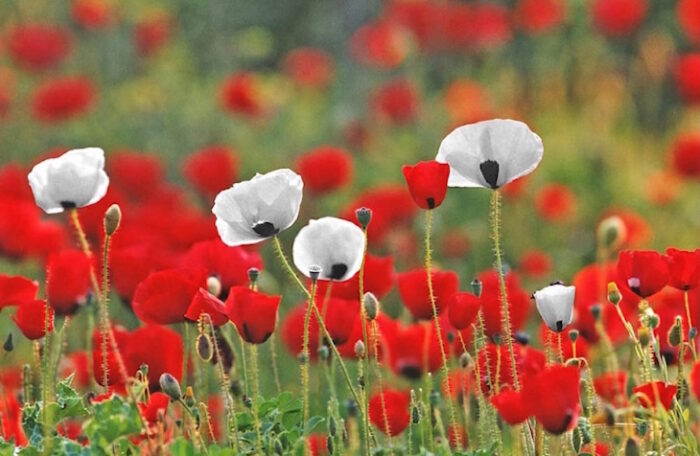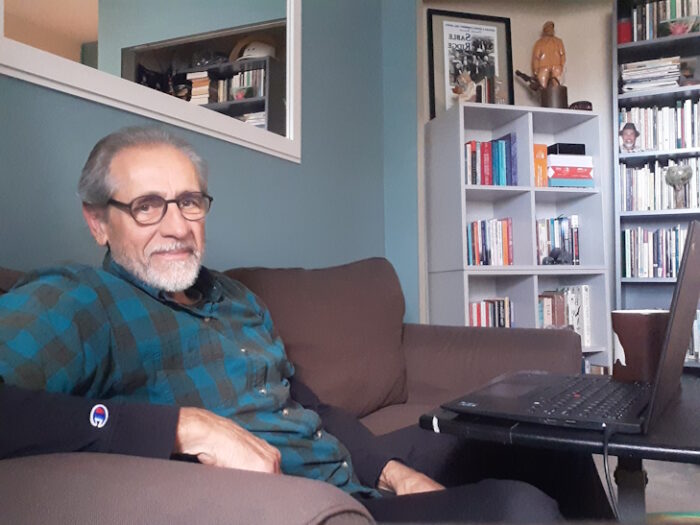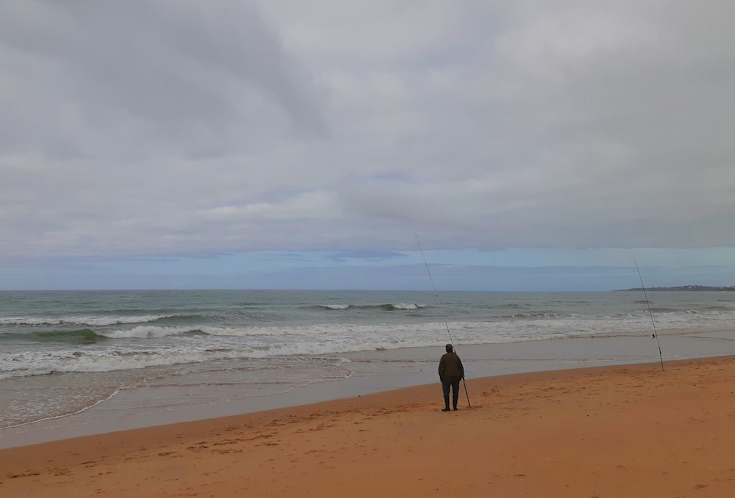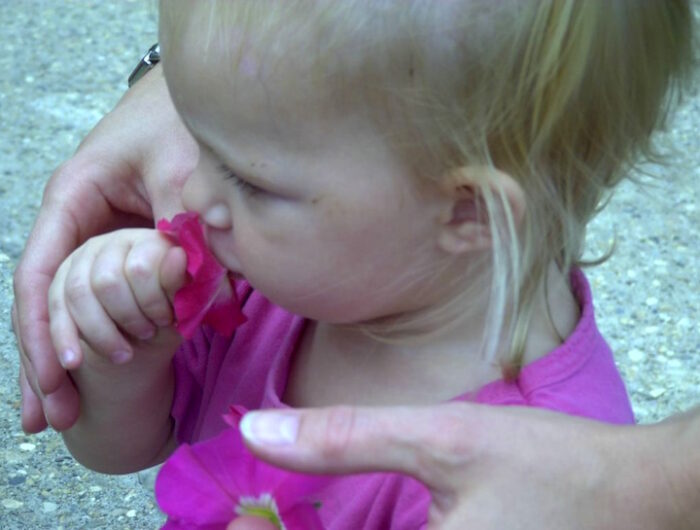Jesus wept and cried out, “If only, if only you knew the things that make for peace.” – Luke 19
The ultimate weakness of violence is that it is a descending spiral, begetting the very thing it seeks to destroy. -M.L. King
Remembrance Day — not easy because I will not be ungrateful
for the sacrifices made in war, and the debt I owe for freedom;
but I know as well that peace secured by war is illusory, temporary.
Not easy because I honour Remembrance Day and its place in our culture,
but I know of no “great war,” no “war that ends all wars,”
unless it’s the war that ends our existence, …calling to mind
that darkest of ironies: peace through mutually assured destruction.
Not easy, because the primary beneficiary of war, and the globally
accepted policy of, Peace through strength, is the arms industry.
Not easy because while we gather to lay wreaths at monuments,
hear the rooted platitudes and share in the solidarity of our side,
what goes unacknowledged, and unspoken, is the deeper universal yearning,
to be the joy of another, to be present for each other.
Not easy because I’m grateful to be Canadian, and I honour
the longstanding role Canada has in peacekeeping, but my government’s
moral condemnation of other nation-states who “threaten our way of life,”
while strategically aligning ourselves with an even greater aggressor,
requires a particular kind of blindness.
Not easy because daily, thousands of memorials, remembrances, arise —
now in the Ukraine, now in Gaza, now in the ancient city of peace,
now like a contagion, touching us all; Lest we Forget — is long forgotten.
Not easy, for if we only remember “our dead,” and do not bring to mind
all victims of war, the things that make for peace stay hidden,
and the lie of redemptive violence goes unchallenged.
Not easy because outside of a few authentic examples, albeit, aberrations,
like Jesus, St. Francis, Gandhi, Bacha Khan, ML King, Mandella,
we’ve never been able to give up on the seemingly pragmatic use of violence,
even though our refusal to renounce it will end in our own demise.
Not easy because wars are almost always started, waged, and prolonged, by men,
while women and children pay the greatest cost.
Not easy because the world is closing in, and the war over there
will increasingly become the war over here, …we must love one another
or die (W.H. Auden).
Not easy because I know my own complicit heart,
that desires security over trust, and so must excavate
my own fear with its hidden hate, and daily risk
the invitation of Peace, that seeks to surround my enemy with love.
But not easy, for what would I do
if my own granddaughter, niece, or son,
had been shredded by shrapnel, or taken captive —
what then would I write? And yet,
where will it end? this escalation of extremes.
If the girl sitting on rubble and weeping, or the one naked
and running from the atomic explosion, is not understood
as an ultimate call to humanity, even, should we have the eyes for it:
a woeful, sorrow-filled intrusion of grace, to awaken and see
war’s distortions of justice, its twistings of truth; awaken and see,
as in a mirror, our own propensity toward envy and rivalry;
dear God, should we awaken, collectively,
to throw ourselves into the arms of undeserving pardon,
what an occasion of mercy, what life that would be!




